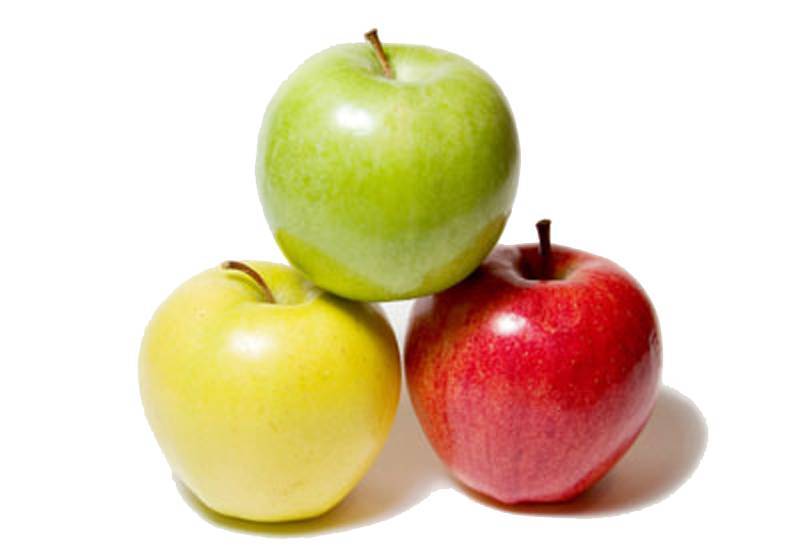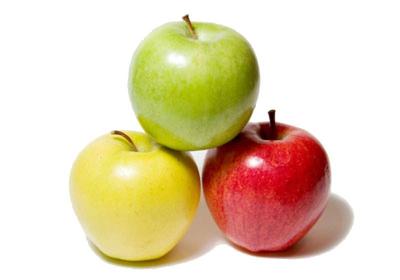We often hear the saying: "An apple a day keeps the doctor away," and recent studies have shown that this is particularly true when it comes to combating dementia and protecting against Alzheimer's disease. An international study found that this famous healthy fruit is rich in chemicals that nourish nerve cells and improve learning and memory. The study conducted on mice revealed that the gray matter in the brain increased after being injected with phytonutrients, such as flavonoids, which are abundant in fruits and vegetables. This had effects similar to those seen after exercising, which can also significantly enhance brain functions.
The lead author of the study, Professor Gerd Kempermann from the German Center for Neurodegenerative Diseases, stated, "These nutritional compounds are important and vital for maintaining cognitive function, as they can have positive effects on various parts of the body, including the brain."
How do these substances enhance brain health? According to experts, these antioxidants inhibit inflammation and fortify the immune system. Researchers during the study took some stem cells from the brains of mice and cultured them in laboratory dishes to study them after adding apple extracts like quercetin or DHBA (dihydroxybenzoic acid). They observed a greater growth of nerve cells and fewer deaths compared to normal conditions. Professor Kempermann explained: "High concentrations of phytonutrients found in apples stimulate the formation of new nerve cells, a process called neurogenesis."
It is noteworthy that these results, published in the journal Stem Cells, were subsequently confirmed in experiments involving real mice, where the stem cells doubled and produced more nerve cells after scientists added high doses of either quercetin or DHBA. This specifically applies to the distinctive structures in the adult human brain, including the hippocampus, the brain area responsible for memory, learning, and balance. The authors of the study reported in their final results: "Apples contain neurogenic compounds in both their skin and flesh."
It is important to mention that quercetin is abundant in apple skin, giving the fruit its color and belonging to the flavonoid compound family, while dihydroxybenzoic acid (DHBA) is a natural preservative unrelated to flavonoid compounds but is responsible for giving the fruit its distinctive smell. Both of these chemical substances can work similarly to protect cells by destroying harmful free radicals and stimulating them.




